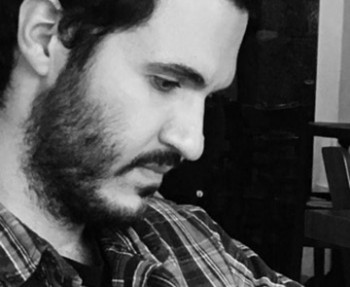First Brain vs Second Brain
Who is the "boss" after all?
According to many scientists in our body there is a second brain which is directly connected to our real brain. This second brain is the gut, a very special organ with a complex chemical system.
According to studies, the gut affects both our physical and mental functions and our emotions. Also, there are indications that the gut affects the mind, the way we think and function.
The gut is controlled by its own complex nervous system which consists of hundreds of thousands of neurons, more than are found in the spinal cord. It produces about 95% of the body's serotonin, and changes in serotonin levels affect the gut as well as the brain. The nerve that connects them is the so-called vagus nerve and it directly carries messages from the gut to the brain. In the gut there are 300-500 different species of bacteria that play an important role in our health as they help balance digestion, eliminate toxins, boost immune system function, regulate weight, and even mood and emotions. The gut determines the proper functioning of the immune system. Thus, by keeping our gut healthy, we also ensure our overall health.
Hippocrates, the father of medicine, believed that almost every disease starts in the gut. The term "digestive health" is used to describe the condition of the digestive tract, usually the intestine.
Probiotics play an important role in the proper functioning of the intestine. Probiotics are live microorganisms that, when administered in sufficient amounts, provide health benefits to the host. The mechanisms of probiotics include management of the intestinal microbiome, suppression of pathogenic bacteria, immunoregulation, stimulation of epithelial cell proliferation, and differentiation and strengthening of the intestinal barrier. Probiotics have been proposed as preventive and therapeutic agents, in order to achieve the healthy composition and function of the intestinal microflora.
Probiotics can be taken from foods such as yogurt, dark chocolate, peas, beer and wine, olives, kefir, pickles and soft ripened cheeses.
The survival of probiotics, both in food and in supplements, after their digestion encounters many obstacles such as stomach acidity, bile secretions and competition with other bacteria that inhabit our digestive tract. By combining probiotics in the diet with prebiotics, symbiotics arise, the consumption of which can overcome these problems and bring maximum benefits to our diet and health.
Foods rich in sources of prebiotics are banana, apple, oats, artichokes, asparagus, whole grains, rice, garlic and onion.
Possible combinations of probiotics and prebiotics can be yogurt with banana or apple or kiwi and honey, smoothie with kefir, banana, oats, honey & cinnamon, kefir with whole grains and honey, rice with yogurt, etc.
Our gut function affects both our immune system and our physical and psychological health as well as our mind, so a healthy gut is fundamental to supporting our health.

 English
English
 Ελληνικά
Ελληνικά Русский
Русский
 Original Article Posted by
Spyros Papapetros
Original Article Posted by
Spyros Papapetros






